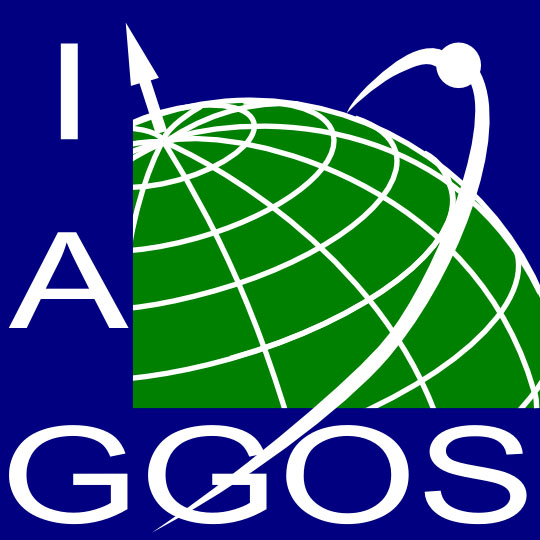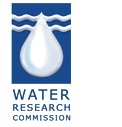Workshop 5 (October 29-30, 2012):
Participating Organizations:
Hydrogeodesy Tutorial (4 hours, day and time to be determined):
|
|

|
IGCP 565 Workshop 5: Water Security for Africa: Bringing Together Research, Monitoring, and ManagingOctober 29-30, 2012 |

 |  |
The International Association of Geodesy's Global Geodetic Observing System
R. S. Gross
Jet Propulsion Laboratory, California Institute of Technology, 4800 Oak Grove Drive, Pasadena, CA 91109, USA; e-mail: Richard.Gross@jpl.nasa.gov; fax: 818-393-4965
The Global Geodetic Observing System (GGOS) of the International Association of Geodesy (IAG) provides the basis on which future advances in geosciences can be built. By considering the Earth system as a whole (including the geosphere, hydrosphere, cryosphere, atmosphere and biosphere), monitoring Earth system components and their interactions by geodetic techniques and studying them from the geodetic point of view, the geodetic community provides the global geosciences community with a powerful tool consisting mainly of high-quality services, standards and references, and theoretical and observational innovations. The mission of GGOS is: (a) to provide the observations needed to monitor, map and understand changes in the Earth’s shape, rotation and mass distribution; (b) to provide the global frame of reference that is the fundamental backbone for measuring and consistently interpreting key global change processes and for many other scientific and societal applications; and (c) to benefit science and society by providing the foundation upon which advances in Earth and planetary system science and applications are built. The goals of GGOS are: (1) to be the primary source for all global geodetic information and expertise serving society and Earth system science; (2) to actively promote the sustainment, improvement and evolution of the global geodetic infrastructure needed to meet Earth science and societal requirements; (3) to coordinate with the international geodetic services that are needed to realize a stable global frame of reference and to observe and study changes in the Earth’s shape, rotation and mass distribution; (4) to communicate and advocate the benefits of GGOS to user communities, policy makers, funding organizations, and society. In order to accomplish its mission and goals, GGOS depends on the IAG Services and Commissions. The Services provide the infrastructure and products on which all contributions of GGOS are based. The IAG Commissions provide expertise and support for the scientific development within GGOS. In summary, GGOS is IAG's central interface to the scientific community and to society in general.
In case of problems, mail to info@igcp565.org.